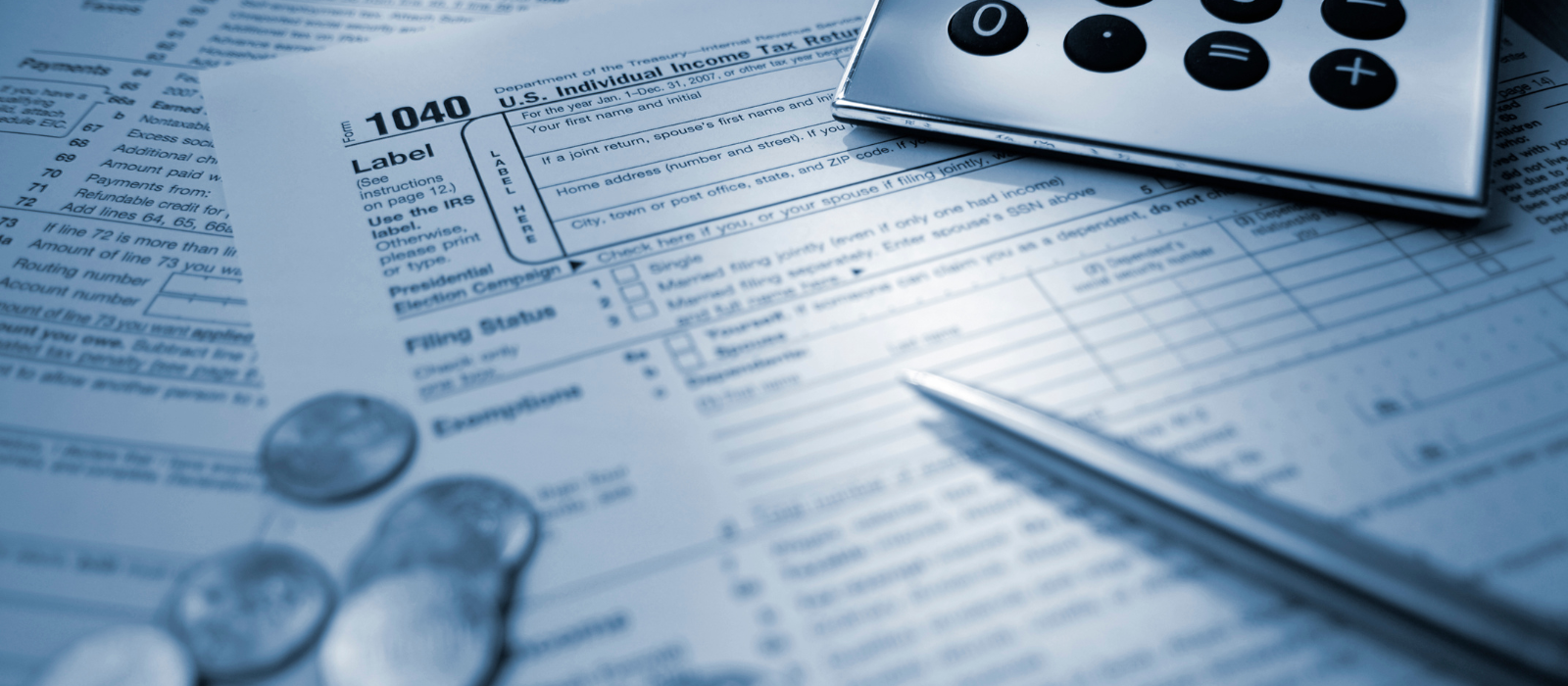If you run a small business or are self-employed and need to pay business taxes annually, you could be losing money due to inefficiencies in your tax planning process. Paying your tax bill all at once at the end of the fiscal year might seem like the most efficient thing to do, but it can result in poor cash flow and IRS penalties.
In this article, we look at the tax-efficient process of tax planning with a Certified Public Accountant (CPA) versus the more inefficient transactional tax preparation process. If you don’t know where to begin, then a CPA can help you get organized and ensure that you aren’t paying too much, or too little, in taxes.
What Is Tax Preparation?
Tax preparation is the once-a-year process of preparing the fiscal year’s tax return. It involves gathering all the documents and data you will need to file your taxes, and organizing this data in line with present IRS reporting. Tax preparation is a transactional course of action that doesn’t allow for ongoing advice that can help lower taxes, especially when compared with the ongoing nature of tax planning.
Depending on what industry you’re in, or the level of experience you have, your tax preparation can take a while to arrange and complete. It’s recommended that you start tax preparation early, but tax preparation generally doesn’t give you the time you need to maximize your savings.
If you are unsure of the complexities preparing your taxes can bring, along with confusions of how to legally minimize your taxes as much as possible, the process can be frustrating and extremely time consuming.
What Is Tax Planning?
Find yourself filing taxes in the spring and hear ‘you should have contacted me last year to help save you money’? If this is you, a CPA can help!
When you own a pass-thru business, each year your tax due on your taxable business profits are due when filing your personal IRS1040 tax return. The amount of tax payable is determined by several factors, including how much revenue is earned less related expenses. Many companies wait until taxes are due and pay in a lump sum, but this is extremely tax-inefficient, and depending on how much is owed may result in additional IRS late-payment penalty.
Tax planning is the process of estimating your tax-due regularly throughout the year by understanding and keeping track of what you owe. This can include continual, ongoing advisory based on your income less expenses and making recommendations throughout the year that not only helps advise on taxes due for the year, and also deferral options to lowering your taxable income for the year before the year is over.
Consulting with your CPA on an ongoing basis throughout the current tax year is an excellent way to stay on top of things. Tax planning takes into account your cash flow needs and wealth goals, and it gives you time to uncover deductions in the current tax year. Efficient tax planning can improve your cash flow and save you money.
For example, if a company waits until the end of the year to prepare its taxes, it may have overspent through the tax year. Conversely, with ongoing tax planning, the company is able to manage its taxable income throughout the year, only pay the required taxes when necessary, and know what cash flow is available for wealth planning and deferring taxable income.
Why Is Tax Planning Beneficial?
Tax planning is all-around beneficial to a business. As mentioned above, ongoing planning will alleviate cash flow when taxes are due in April each year and increase tax-efficiency lowering your taxable income during the current tax year as much as legally possible.
Additionally, ongoing planning can reduce the amount of tax you pay, give you control over when and how you pay taxes, and prevent you from paying unnecessary tax. When implemented correctly, tax planning is the most reliable way to operate your business.
What Can A CPA Firm Do?
Certified Public Accountants (CPAs) are professionally licensed individuals dedicated to understanding all things tax, understanding the IRS Code, and working closely with businesses like yours helping with monthly accounting in order to provide ongoing tax planning strategy. Ongoing advisory throughout the tax year allows CPAs to advise you are only paying the right amount of tax due and helping save current taxes with tax deferral strategy planning.
CPAs are also trained in federal tax laws. They know the most up-to-date regulations and can advise you accordingly. This information can be extremely beneficial as the IRS often changes policy, and if you are not in the loop of changes this can result in missed deduction opportunities, or worse—penalties and fines.
A CPA firm can do the planning for you, alleviating pressure and allowing you to focus on your day-to-day operations. Paying taxes might feel like an enormous expense if you are shouldering your business’s tax planning, but outsourcing to CPA professionals can save you money and even help you grow your wealth.
Tax planning is an effective, essential way to maintain your company’s tax responsibilities. With planning, you create financial structure in your business and are continually looking for ways to save on taxes. With a qualified CPA team, tax planning can be a huge win for your business and your personal tax savings.
Are you ok paying more to the IRS this year? Tax planning strategy happens year-round with ongoing clients at Insogna CPA. Contact us today for ongoing tax strategy planning.




